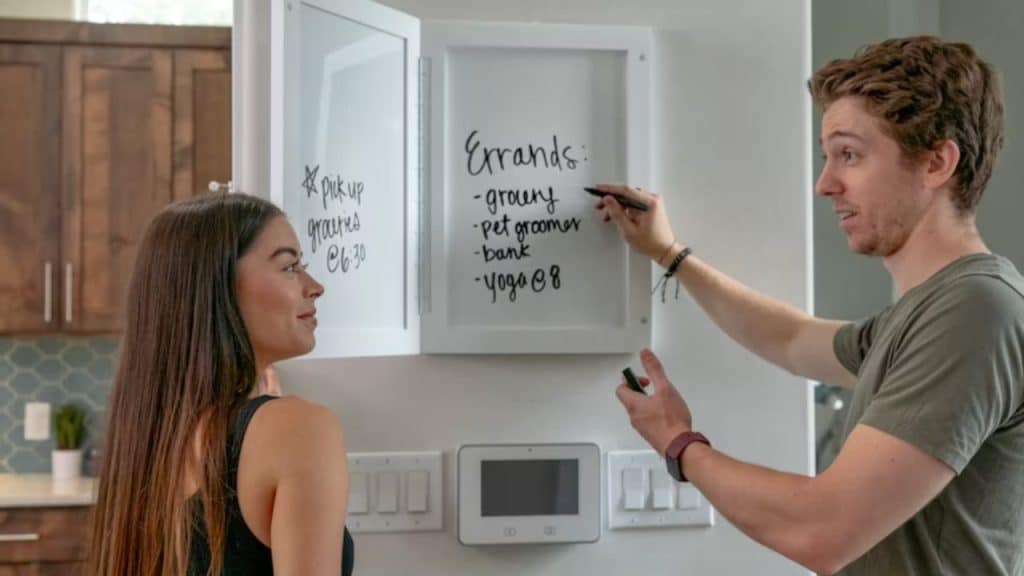
Love and money go hand in hand more than ever. Financial compatibility isn’t about income levels, it’s about shared values, goals, and communication styles. Misalignment can cause stress, even in otherwise strong relationships. Building financial compatibility early sets the stage for long term trust and stability.
Understand Each Other’s Financial Background

How you and your partner were raised shapes how you view money. Were you taught to save every penny or spend freely? Financial habits come from past experiences, so learning your partner’s background builds empathy. Start here to avoid judgment and create understanding.
Talk About Money Before It’s a Problem

Don’t wait for a financial crisis to open up. The best time to talk about money is when things are going smoothly. Discuss goals, fears, and expectations openly. Early transparency builds a habit of teamwork.
Know Your Spending Styles

Is one of you a saver and the other a spender? That’s not a deal breaker, but it requires balance. Compatibility comes from understanding and compromise, not matching habits. Awareness prevents resentment.
Share Financial Goals

Being financially compatible means moving in the same direction. Whether it’s saving for a trip, checking daily expenses, buying a house, or early retirement, set clear shared goals. Aligning your dreams makes your partnership feel more united and forward thinking.
Respect Each Other’s Independence

You don’t need to merge every dollar. Financial compatibility includes respecting personal spending boundaries. Agree on what’s shared and what’s private. A little space keeps things balanced.
Communicate Without Judgment

Disagreements about money are normal but how you handle them matters. Use calm, non judgmental language. Focus on understanding, not blaming. The goal is clarity, not control.
Be Honest About Debt

Financial compatibility isn’t about being debt free, it’s about being honest. Talk about credit cards, student loans, or other obligations. Hiding debt creates mistrust. Openness shows maturity and commitment.
Align on Lifestyle Expectations

Does your partner prefer luxury vacations or weekend hikes? Do you want to invest or upgrade your car? Financial compatibility includes shared lifestyle choices. Be clear about what feels worth spending on.
Decide How You’ll Split Expenses

There’s no one size fits all approach. Some couples go 50/50, others split based on income or rotate turns. Choose what feels fair for both of you. The key is clarity, not tradition.
Keep Emotional Spending in Check

Retail therapy, impulse buys, or trying to impress with gifts, these habits can disrupt financial compatibility. Be mindful of your emotional triggers around money. Keep big purchases a conversation, not a surprise.
Don’t Let Income Differences Create Power Imbalance

One partner earning more doesn’t mean they have more control. Financial compatibility includes equal respect and shared decision making. Power dynamics can erode trust if not handled carefully.
Use Technology to Stay on the Same Page

Apps like Zeta or Monarch can help couples budget and track progress together. Shared tools build transparency and accountability. You’ll avoid surprises and grow as a team.
Celebrate Financial Wins Together

Paying off debt, reaching savings goals, or sticking to a budget deserves recognition. Celebrate those moments together. It reinforces positive habits and deepens your bond.
Know Each Other’s Money Triggers

Does your partner get stressed over bills or anxious about investing? Learn what sets off financial tension. Be patient with each other’s fears and work together to manage them.
Schedule Regular Money Check Ins

Make it a habit to talk about money once a month. Review your goals, progress, and any changes. Keeping the conversation consistently avoids big surprises and builds comfort over time.
Consider Future Planning Together

Talk about long-term plans like buying a home, having kids, or early retirement. Financial compatibility shines when you plan years ahead. These talks are a sign of commitment, not
Normalize Talking About Financial Therapy

If money triggers ongoing conflict, consider a financial therapist. In 2025, couples counseling isn’t just emotional, it can be financial too. It’s not a failure. It’s proactive growth.
Be Open to Growth and Change

Your views on money will evolve. What matters is staying aligned as those changes happen. Be open, flexible, and willing to revisit decisions when needed.
Financial Compatibility Builds Relationship Resilience

When you’re financially compatible, small money issues don’t spiral into big relationship problems. You trust each other, communicate well, and move forward as a team. That kind of partnership isn’t just smart, it’s strong.






Ask Me Anything